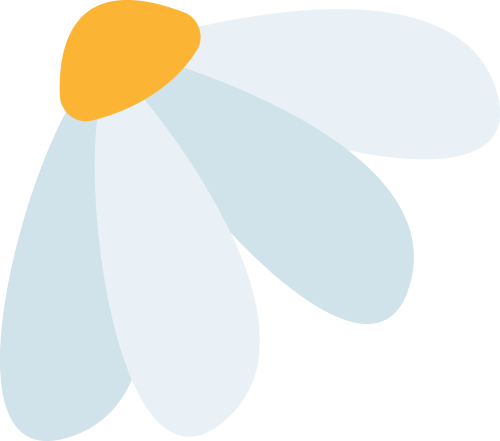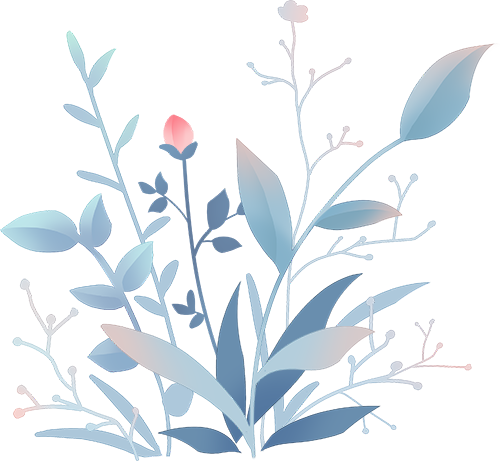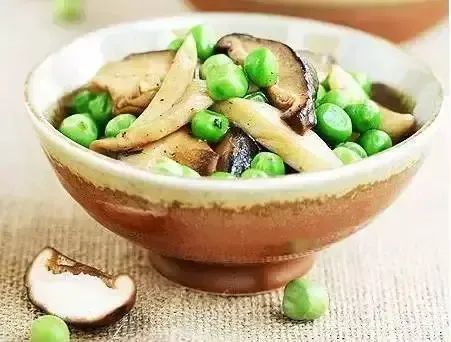
Characteristics of Spring Climate

The Spring Equinox (Chunfen) is one of the twenty-four solar terms and the fourth solar term of spring. It occurs around March 21 each year, as stated in the “Spring and Autumn Annals: The Influx and Ebb of Yin and Yang”: “The Spring Equinox is when Yin and Yang are balanced, hence day and night are equal, and cold and heat are moderate.”
The Spring Equinox has two meanings: first, the equal division of Yin and Yang, where day and night are nearly equal in length. Second, it marks the time in spring when Yang energy begins to awaken and rise, leading to warmer weather, blooming flowers, and the return of migratory birds, creating a vibrant spring atmosphere. Although temperatures gradually rise during the Spring Equinox, there can still be a chill, with significant temperature differences between day and night, which can lead to the phenomenon known as “late spring cold.” Additionally, as all things revive, bacteria, viruses, and other microorganisms become active, increasing the risk of infections.


Principles of Health Preservation in Spring

During the Spring Equinox, with balanced day and night and the mingling of cold and warmth, it is a critical period for the transition of Yin and Yang in nature. In this beautiful season, the principles of health preservation emphasize the regulation of Yin and Yang within the body, striving for balance and harmony. The core of health preservation lies in “following the natural way and harmonizing the Qi of Yin and Yang.” Whether it is mental adjustment, dietary choices, daily routines, or self-care methods and medication use, one should adhere to the principle of balance to achieve the best health preservation effects.
Dietary Recommendations
Spring dietary practices should focus on light, fresh, and nutritious foods. It is recommended to consume more foods with a warming nature, such as yam (Shan Yao), lotus seeds (Lian Zi), longan (Gui Yuan), walnuts (Hua Ren), and black beans (Hei Dou), to nourish the spleen and stomach and enhance Yang energy. Additionally, eat plenty of fresh vegetables and fruits to replenish vitamins and minerals. It is also important to moderate food intake and avoid excessive consumption of spicy, greasy, and fried foods to prevent harming the spleen and stomach.

Exercise and Daily Living Recommendations
In terms of daily living, it is important to pay attention to warmth and ventilation. The spring climate is variable, with significant temperature differences between morning and evening, so it is essential to adjust clothing accordingly to avoid catching a cold. Additionally, maintaining indoor air circulation and avoiding damp and cold environments can help prevent respiratory diseases.Spring is suitable for moderate outdoor activities such as walking, jogging, Tai Chi, and Ba Duan Jin (Eight Pieces of Brocade). Exercise promotes the circulation of Qi and blood, enhancing the body’s immunity.
Key Points for Mental Adjustment
Spring is a season of revival, and people’s moods tend to become more cheerful and pleasant. However, it is also a peak period for mental health issues, such as depression and anxiety. Therefore, it is important to maintain a joyful mood, avoid overexertion, participate in outdoor activities, and communicate with friends and family to relieve stress. Additionally, relaxing through music or reading can help ease the mind.
Distinguishing Body Types and Dietary Adjustments
Different body types require different TCM health preservation methods in spring. For example, individuals with Yang deficiency can consume warming foods such as ginger (Sheng Jiang), red dates (Hong Zao), and longan (Gui Yuan); those with Yin deficiency can eat foods that nourish Yin, such as lily bulbs (Bai He), goji berries (Gou Qi), and pears (Li); individuals with blood stasis can consume foods that invigorate blood circulation, such as hawthorn (Shan Zha), rose (Mei Gui Hua), and eggplant (Qie Zi); and those with excess heat in the heart and liver can drink tea made from goji berries and chrysanthemum (Ju Hua).
Common Misconceptions and Taboos in Health Preservation

During the process of health preservation in spring, it is essential to be aware of common misconceptions and inappropriate behaviors. For instance, excessive supplementation can not only fail to benefit the body but may also increase the burden on the body and harm health; neglecting warmth can lead to cold exposure, resulting in colds and other illnesses; staying up late can weaken the immune system, making the body more susceptible to diseases; and irregular eating can disrupt gastrointestinal function, affecting normal metabolism. Therefore, we must adhere to a scientific and reasonable lifestyle to truly achieve the goal of health preservation, allowing the body and mind to receive genuine nourishment and care.
Author Profile

Dr. Zhang Xi, attending physician in the Department of Traditional Chinese Medicine at Su Bei People’s Hospital, holds a PhD in Clinical Foundations of Traditional Chinese Medicine from Nanjing University of Chinese Medicine. With 7 years of experience in TCM internal medicine, he is proficient in classical texts such as “Treatise on Cold Damage” (Shang Han Lun) and “Essentials from the Golden Chamber” (Jin Gui Yao Lue), focusing on the clinical application of classical formulas and patterns, and is familiar with the diagnosis and treatment of related chronic diseases in TCM. He has conducted research on TCM treatment of respiratory and digestive tract malignancies.

Editor: Yin HaoReviewer: Wang Qian

